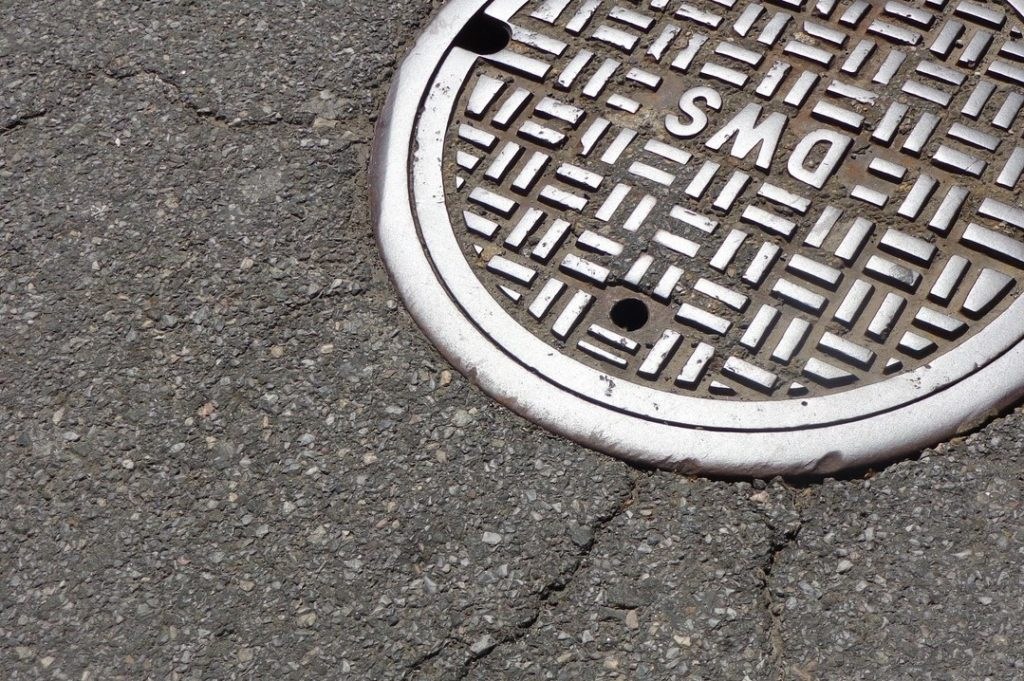The city of Leuven and the KU Leuven have launched a pilot project aimed at tracing the presence of the coronavirus SARS-CoV-2 in the wastewater in the sewers.
The project will allow scientists to discover the presence of the virus – which is excreted in the faeces and urine of people who are infected – before waiting for any symptoms to appear.
The project is being led by Professor Bert Aertgeerts from KU Leuven, together with Alexander Van Nuijs and Peter Delputte from the university of Antwerp.
“With wastewater analysis, we want to detect whether and to what extent infections occur in a certain area or population, even before this is shown by an increase in the number of people who test positive for COVID-19,” Prof. Aertgeerts said.
“After all, some of the infected persons also have virus particles in the digestive system. Those particles are excreted and thus end up in the sewage.”
That would allow the city authorities to act more quickly, and hopefully stop the spread of the particular cluster detected.
“Early detection can play a crucial role in fighting the virus,” he said. “If this works, it is a quick and relatively inexpensive way to set up an early warning system for larger areas, for example for a hospital or a residential care centre.”
The pilot project will concentrate on the sewage from densely-populated city blocks, care homes and other places where an outbreak could spread rapidly. For the information contained in the wastewater to be useful, it needs to be able to be traced to its origin.
Samples will be taken from the chosen locations several times a week, while daily samples will be taken from the general system to give an indication of the ‘normal’ levels. They can then be examined at the university hospital’s Rega Institute, whose department of clinical and epidemiological virology is headed by Professor Marc Van Ranst.
“For us, the keyword is prevention. Better to prevent than to cure,” said Leuven mayor Mohamed Ridouani.
“The city is mapping all locations of the sewer system where accurate monitoring of the wastewater is possible. Even with a positive test in a neighbourhood, targeted sewage tests can support further contact and source research into other infections.”
Given that the symptoms of Covid-19 can take 10-14 days to appear, early intervention gives an enormous advantage by reducing the number of contacts that person, if discovered early enough, can go on to infect.
“The sooner we detect where contamination is occurring, the more effective we can intervene and break through the contamination chain,” Ridouani said.
“Thanks to this collaboration, we can discover infections in an innovative way before people feel sick and have them tested. Combining all the knowledge and expertise that is present in Leuven, and the strong cooperation between all partners, remains a great strength in the fight against the coronavirus.”
Alan Hope
The Brussels Times

